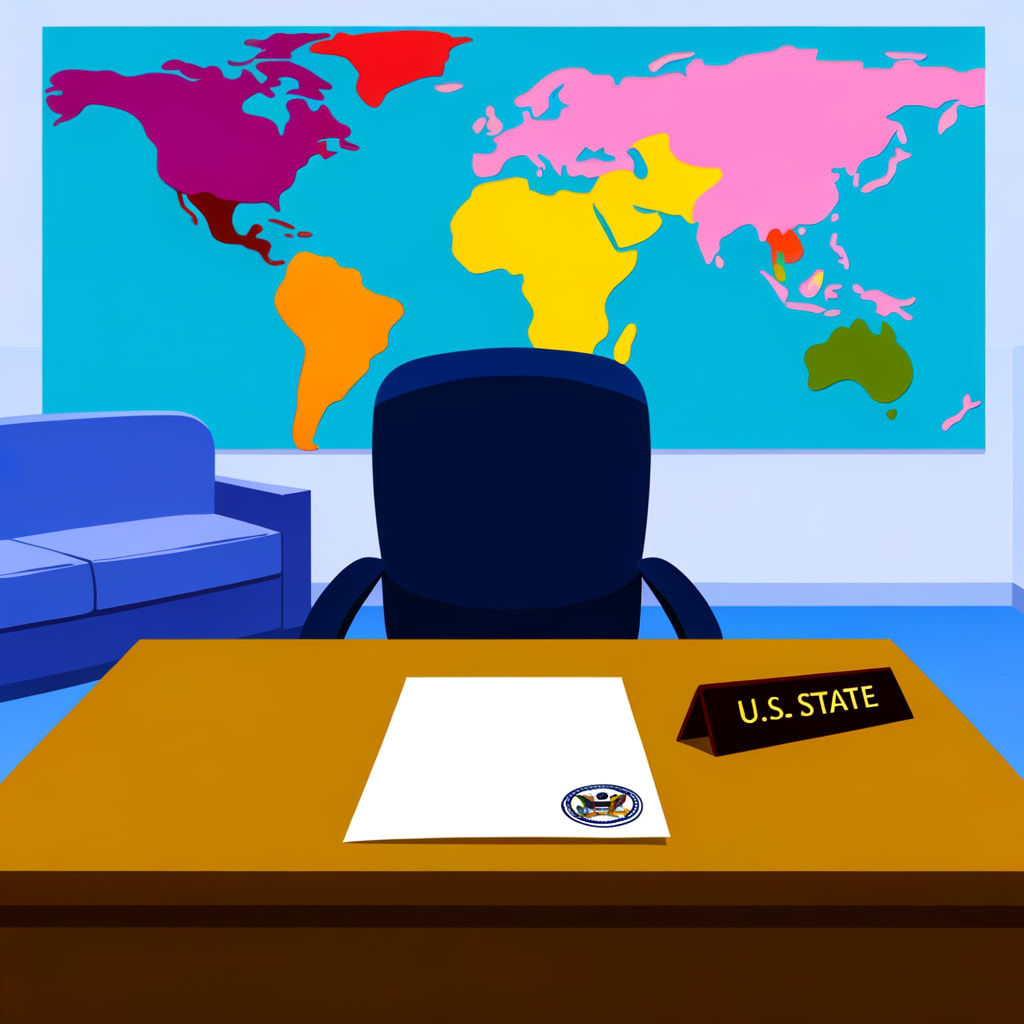U.S. Revokes Colombian President's Visa Following Controversial Stance on Israel and Incendiary Actions in New York
In a significant move, the U.S. State Department has decided to revoke the visa of Colombian President Gustavo Petro, following what it termed as reckless and incendiary actions
during a pro-Palestinian protest in New York City.
Background
President Petro, known for his leftist ideology and vocal opposition to Israel's operation in Gaza, was in New York for the 80th session of the United Nations General Assembly (UNGA). During his UNGA speech, Petro openly criticized U.S. foreign policy and called for legal action against President Donald Trump.
Pro-Palestinian Protest and Petro's Call for Action
Following his UNGA appearance, Petro joined a massive anti-Israel and pro-Palestinian protest in New York's Times Square. Appearing alongside Colombian academic Víctor de Currea-Lugo and Pink Floyd co-founder Roger Waters, Petro called for a global army to liberate Palestine.
In his address to protesters, Petro stated, We have to answer in the streets. We have to answer with words. And we have to answer with weapons. That's why we need to create an army, bigger than the army of Israel or the army of the USA.
He stressed that his call was not against Jewish or Israeli people, many of whom he referred to as friends,
but against the Israeli government's action in Gaza, which he described as genocidal.
U.S. Response to Petro's Actions
The U.S. administration, under President Donald Trump, termed Petro's actions as imprudent and incendiary.
In a social media post, the U.S. State Department announced, We will revoke Petro’s visa due to his reckless and incendiary actions.
The Department accused Petro of urging U.S. soldiers to disobey orders and incite violence.
Implications and Current Status
The visa revocation comes amid the annual meeting of the UNGA in New York City. Videos circulating online show Petro addressing a crowd gathered at a demonstration against Israel and Prime Minister Benjamin Netanyahu, who was also in New York City to address the assembly.
While Petro's actions have drawn criticism from the U.S., they have also highlighted the ongoing conflict in Gaza and the international community's divergent views on the matter. As of now, Petro's visa status remains revoked, and it's unclear how this development will impact U.S.-Colombian relations or the broader discourse on the Israeli-Palestinian conflict.

